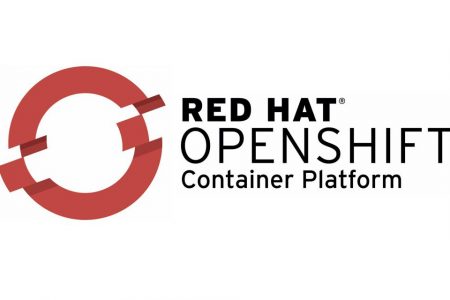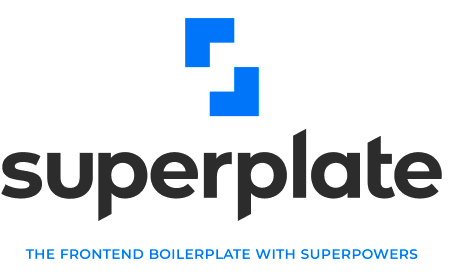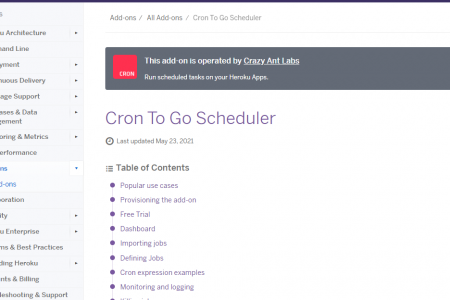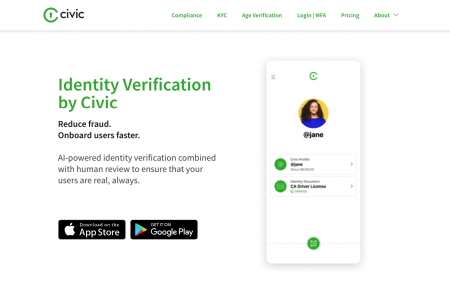This is cool service to compress svg files. Give it 1 minute to try. You can suggest your client to compress all svg files in your profile. And VA could help you! https://jakearchibald.github.io/svgomg/


This is cool service to compress svg files. Give it 1 minute to try. You can suggest your client to compress all svg files in your profile. And VA could help you! https://jakearchibald.github.io/svgomg/

This library displays math expressions with KaTeX and React Example: And this will display expression like following. Important note: don’t forget to import Katex CSS file. import ‘katex/dist/katex.min.css’;

OpenShift Container Platform (formerly known as OpenShift Enterprise[16]) is Red Hat’s on-premises private platform as a service product, built around a core of application containers powered by Docker, with orchestration and management provided by Kubernetes, on a foundation of Red Hat Enterprise Linux and Red Hat Enterprise Linux CoreOS (RHCOS). The main difference between OpenShift and vanilla Kubernetes is the concept of …

A well-structured production-ready frontend boilerplate with Typescript, Jest, testing-library, styled-component, Sass, Css, .env, Fetch, Axios, Reverse Proxy, Bundle Analyzer and 30+ plugin. For now, only creates projects for React and Next.js. You can add useful, highly-demands front-end development tools and libraries as a plugin by using superplate CLI during the project creation phase. To learn …

Dune Analytics is a powerful tool for blockchain research. Dune gives you all the tools to query, extract, and visualize vast amounts of data from the blockchain. Dune is unlocking the power of public blockchain data by making it accessible to everyone. Dune Analytics Basics While navigating Dune Analytics, it helps to have a good …

React-use is the package that provides many useful react hooks that we can use to build the UI more efficiently. It provides the hooks related sensors, ui, animations, side-effects, lifecycles, state and etc. Sensors useBattery — tracks device battery state. useGeolocation — tracks geo location state of user’s device. useHover and useHoverDirty — tracks mouse hover state of some element. …

We are using cronjob for job on most project. Normally we can set the cronjob on servers. But heroku is not providing the functionality by default. For that, we can install crontogo add-on ( not free ) By the crontogo, we can set cronjobs simply please check https://devcenter.heroku.com/articles/crontogo

Reduce fraud. Onboard users faster. AI-powered identity verification combined with human review to ensure that your users are real, always. This documentation serves as a guide to integrate with Civic’s Secure Identity Platform (SIP). The platform provides partners with functionality such as secure 2FA user login secure private 2FA user login onboarding of verified users …

Sometimes, we need to load database connection configuration asynchronously (for example loading env values from 3rd party secret store). Sequalize doesn’t have such feature in the official documentation. But There is a possibility to use Sequelize.beforeConnecthook. You can initialize the Sequelize object with empty credentials and inside the beforeConnect hook, you can load the env …

Highchart is powerful charting library.New version; 9 was released with new features. 1. A facelift for the Stock range selector Responsive range selector First, we added a feature that allows the range selector button row to collapse into a dropdown if the space is limited. This feature may be forced to always show a dropdown, …